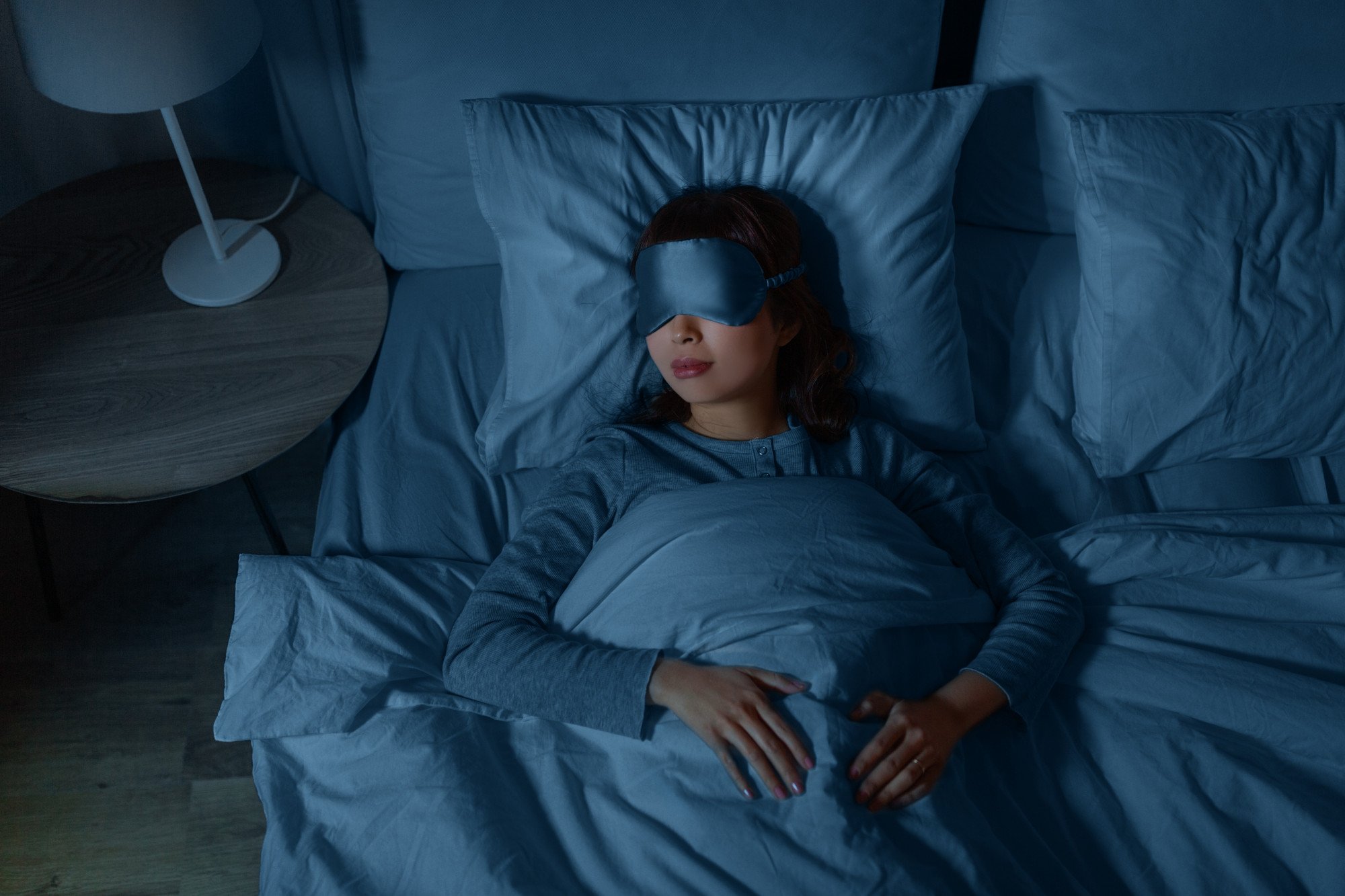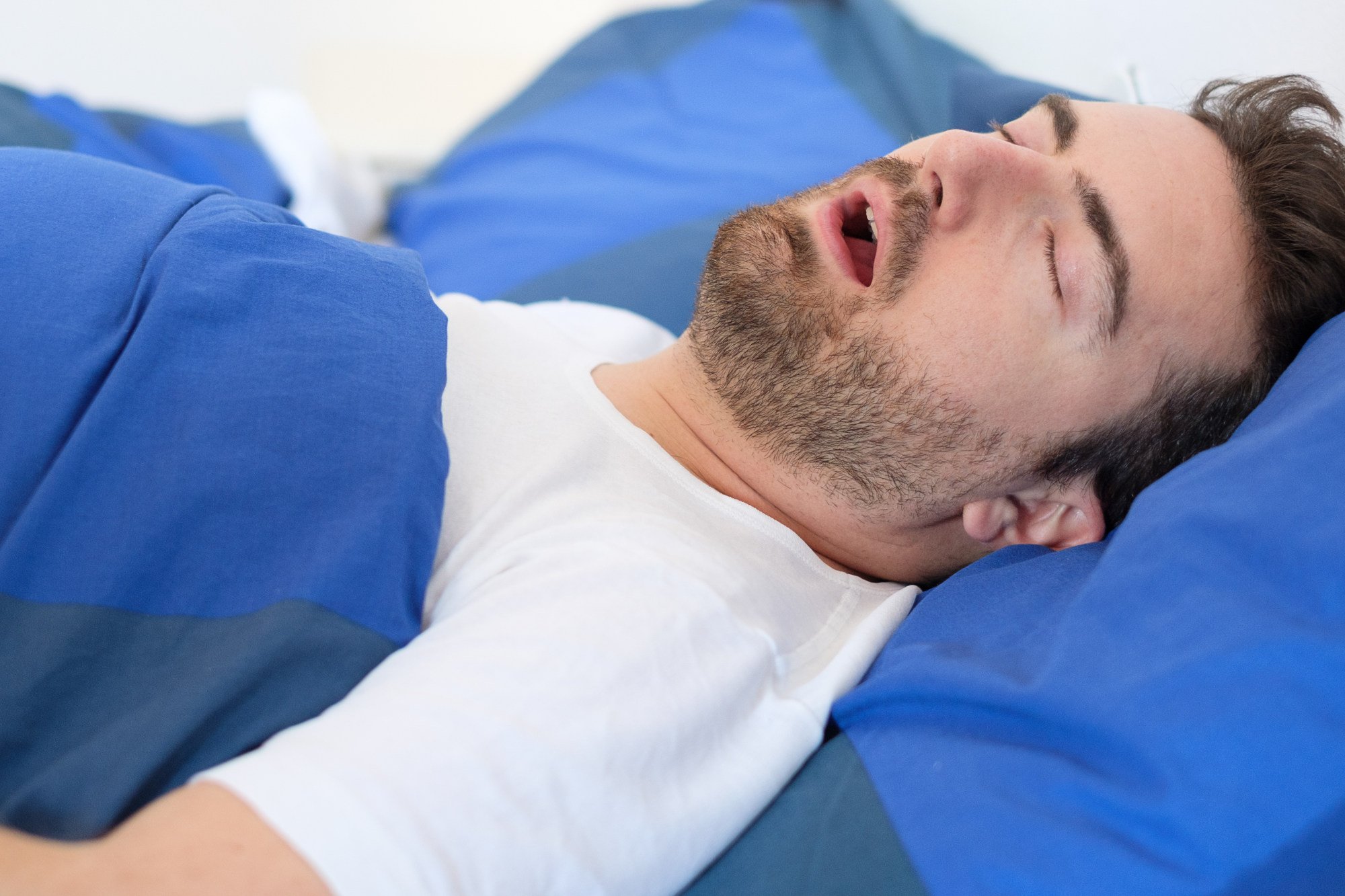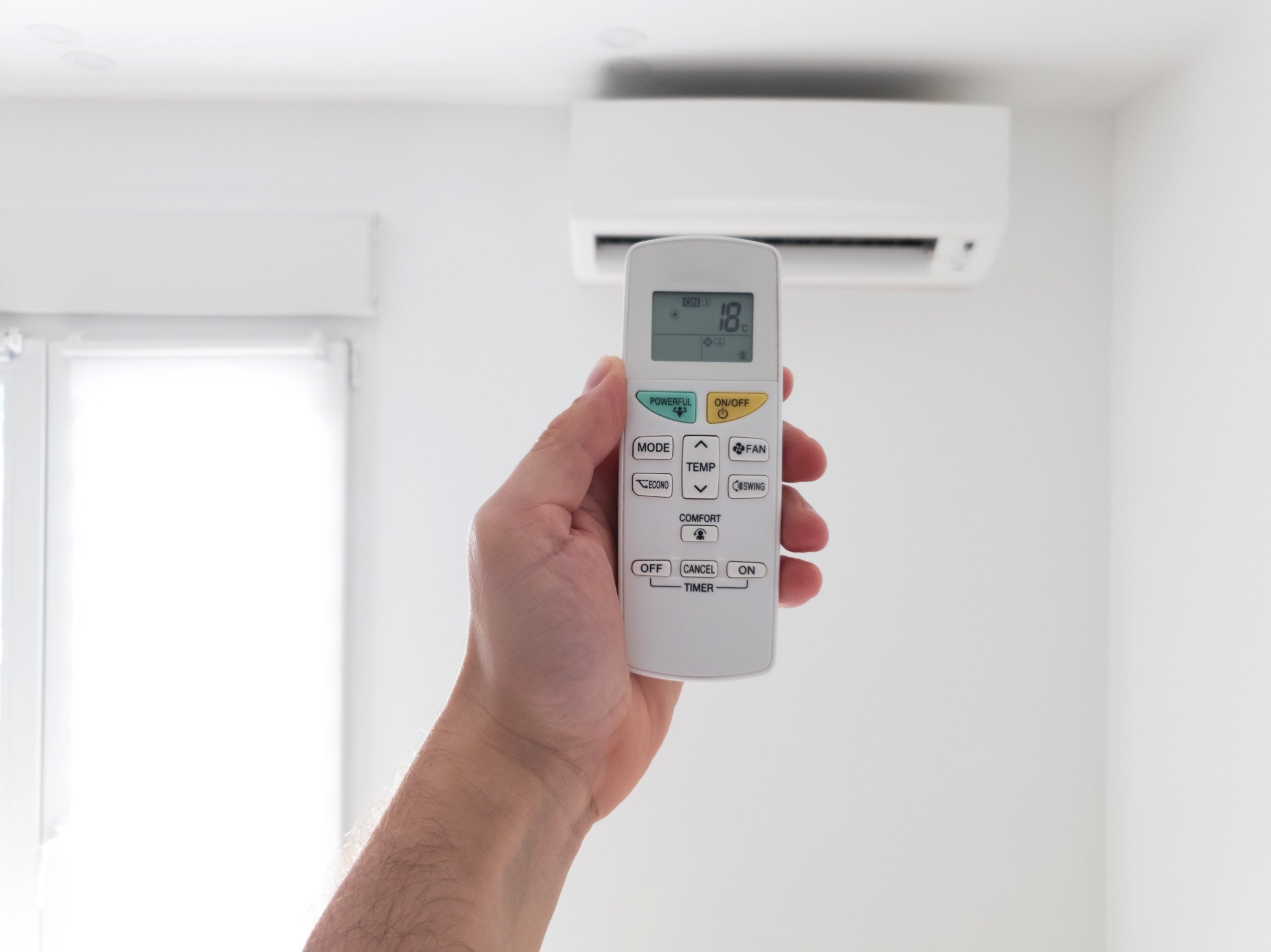
Do you have insomnia? Why your heart health depends on getting a good night’s rest, and 5 expert tips to help you end sleepless nights
- High-quality sleep is known to be important to good health, and a review of recent studies shows just how vital proper rest is for maintaining heart health
- People with insomnia have a higher risk of death, heart attack and cardiovascular disease, the review found. A doctor and sleep coach offer tips for good sleep
We spend about a third of our lives asleep. And sleep is vital for overall health and well-being, as a time of recovery for the body and mind, says Cavan Chan, a Hong Kong-based sleep and functional medicine health coach.
During different phases of sleep, metabolic waste is removed, cells undergo repair and regrowth, and our memories are reorganised and consolidated.
“It is because of this restorative effect that sleep can be considered the foundation of wellness,” Chan says.
About 30 per cent of the world’s population is affected by insomnia – difficulty in falling or staying asleep, getting enough of it, or sleeping well. About 44 per cent of patients with heart disease experience this disorder, too, a study published this month in the journal PLoS One suggests.

PTSD wrecked her sleep. Moving home and meditation made it better
New studies show insufficient good-quality sleep is also bad for the heart.
And a study from the University of Sydney in Australia, published in March 2023 in the journal BMC Medicine, found that poor sleep is linked to years of poor cardiovascular health.
How to prevent heart disease: health checks, stay active and don’t smoke
The recently published PLoS One research – a review and analysis of multiple studies of the links between insomnia and heart health – concluded that people with insomnia experience a higher risk of death, heart attack, and cardiovascular disease.
Hong Kong cardiologist Dr Adrian Cheong explains the connection.

“These repair and regeneration patterns all affect our heart. If we sleep poorly, too little, or even too much, it disrupts our body’s repair and regeneration patterns and our hormonal patterns, and this may cause accelerated damage to our heart and vascular system.”
But getting the recommended seven to eight hours of good-quality sleep every night can be a challenge.
Stress is a main reason for poor sleep, says Chan. We are unable or unwilling to release whatever is bothering us mentally or emotionally before going to bed. The stress leaves us tossing and turning, waking up feeling less than refreshed.
‘Stop losing sleep over losing sleep’ with cognitive behavioural therapy
Shift workers, and frequent travellers including pilots and flight attendants who experience jet lag from constantly being in different time zones, have a particularly difficult time getting good-quality sleep.

“People who regularly deal with jet lag tend to have high levels of stress hormones like adrenaline and cortisol circulating through their blood; their body has to keep producing these hormones to counter the effects of the jet lag, and this can affect their heart.”
For a restful and uninterrupted night’s sleep, it’s important to follow a schedule: turning in and waking up at the same time every day.
Don’t stress about it – 8 expert tips to manage and cope with adversity
Here are five tips to ensure you get the good-quality sleep your body deserves:
1. Get a mental health check
“If stressful thoughts are keeping you up at night, ask yourself if you are anxious or depressed, and see a mental health professional for help,” Cheong says.
Depression and anxiety are associated with sleep difficulties; and sleep deprivation may in turn increase your risk of mental health issues.
Talking to a counsellor can help you deal with worrying, fearful, depressive and anxious thoughts, and allow you to sleep better at night.

2. Get a physical health check
Problems such as obstructive sleep apnoea and heart failure – which can affect your lungs and breathing – are associated with sleep disruptions, so get regular health checks, Cheong advises.
Men with prostate issues and people with an overactive bladder should seek a doctor’s advice to avoid having to get up several times in the night, he adds.
Meditation: a Silicon Valley executive’s secret to success
3. Invest in sleep-friendly bedding
Bedlinen made from bamboo fibre can help prevent overheating and keep you cool during the night, Chan says.
A weighted blanket can be a good investment, too.
“One that weighs 7kg (15.4 pounds) will give you the sensation of being hugged, and some studies have found that weighted blankets can even give you a mood boost,” says Chan.

4. Adjust your room temperature
Your room should be like a cave – dark, cool and quiet. The ideal temperature range for sleeping is 16 to 21 degrees Celsius (about 61 to 70 degrees Fahrenheit).

5. Can’t sleep? Get out of bed
If you don’t fall asleep within 20 minutes, Chan recommends getting out of bed. Don’t turn on any bright lights.

